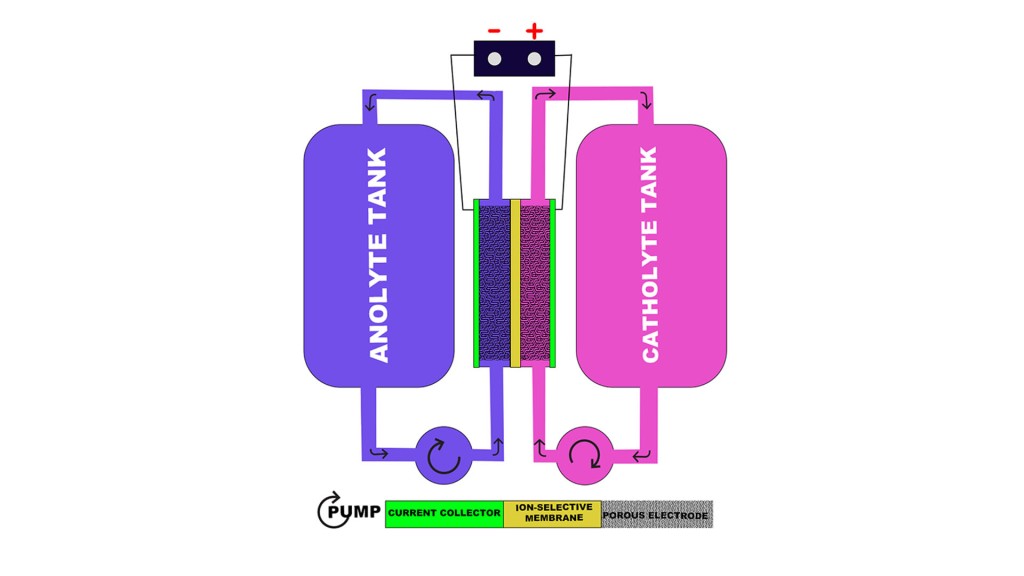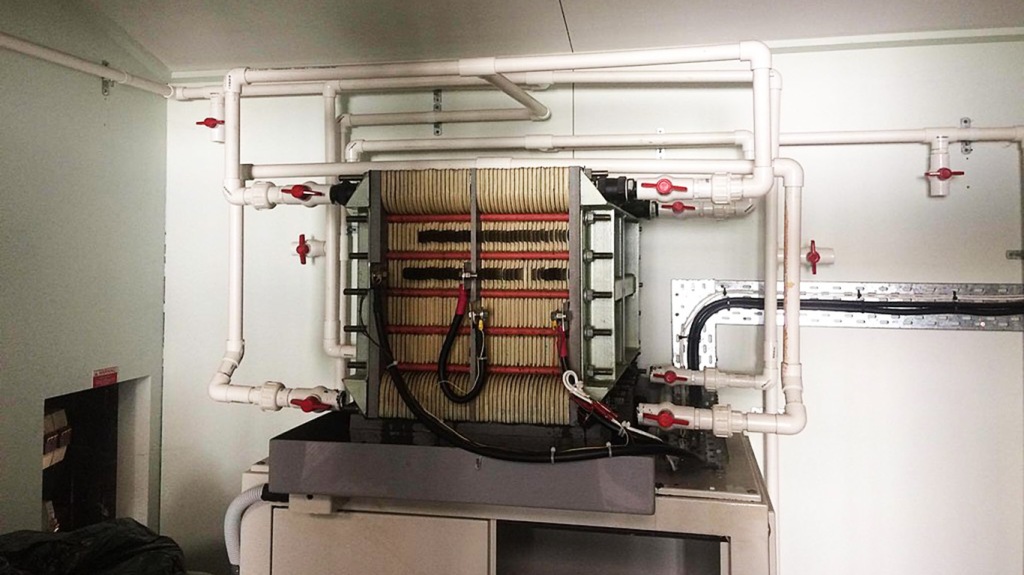In recent years, the solar energy industry has experienced exponential growth, with the deployment of solar panels becoming increasingly widespread. However, one of the biggest challenges facing the industry is the need for effective energy storage solutions. The unpredictability of solar energy production means that energy must be stored so that it can be used when the sun is not shining. This is where vanadium flow batteries come in.

A vanadium flow battery, also known as a vanadium redox battery, is a type of rechargeable energy storage system that uses vanadium ions in different oxidation states to store energy. It operates by moving an electrolyte solution between two tanks, which contains vanadium ions in different oxidation states. The flow of ions between the two tanks is controlled by an electrode, which separates the positive and negative charges and allows for energy to be stored or released.
The main advantage of vanadium flow batteries is their ability to store large amounts of energy for long periods of time. This is particularly beneficial for the solar industry, where energy production can be highly variable and unpredictable. With vanadium flow batteries, excess energy can be stored and then used later, when the sun is not shining.

Photo by: Radiotrefoil, CC BY-SA 4.0 https://creativecommons.org/licenses/by-sa/4.0, via Wikimedia Commons
Another advantage of vanadium flow batteries is their ability to maintain their energy storage capacity over many cycles, without a decline in performance. This makes them a more cost-effective option than other energy storage systems, such as lithium-ion batteries, which can lose their capacity over time.
Additionally, vanadium flow batteries are non-flammable and safe to use, making them a suitable choice for residential and commercial applications. They are also environmentally friendly, as they do not contain any hazardous materials and have a long lifespan, reducing the need for frequent replacement and disposal.
However, there are also some challenges to the deployment of vanadium flow batteries in the solar industry. One of the biggest challenges is the cost of production, which can be relatively high compared to other energy storage solutions. Additionally, the size and weight of vanadium flow batteries can also be a challenge, as they require large, heavy storage tanks to function.
Despite these challenges, the deployment of vanadium flow batteries in the solar industry is becoming increasingly widespread. With the continuing growth of the solar energy industry, and the need for effective energy storage solutions, it is expected that vanadium flow batteries will play an increasingly important role in the future.
In conclusion, the deployment of vanadium flow batteries in the solar industry offers many advantages, including their ability to store large amounts of energy for long periods of time, their ability to maintain their energy storage capacity over many cycles, and their environmental friendliness. While there are also challenges to their deployment, such as cost and size, the benefits of vanadium flow batteries make them a promising solution for the energy storage needs of the solar industry.
